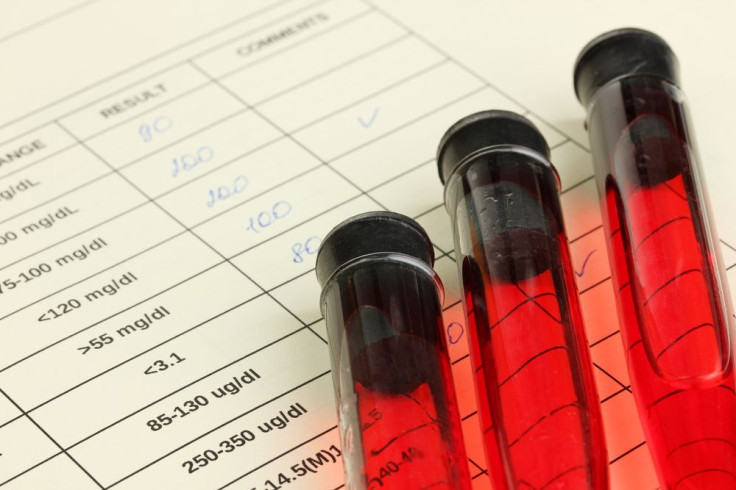Are Greeks Deliberately Giving Themselves HIV? WHO 'Typo' Prompts Inquiry Into Cases Of Self-Infection

On Tuesday, the World Health Organization (WHO) stunned internet media outlets with a report claiming that half of all new human immunodeficiency virus (HIV) infections in Greece are deliberate attempts to collect generous benefits. Although organization officials later dismissed the statement as an unfortunate “typo,” the harrowing prospect had several news outlets questioning whether a $950 monthly welfare check is in fact an incentive to contract an incurable disease. Some are now citing a “well-founded” scholarly suspicion that citizens of the fiscally imperiled nation are infecting themselves with the AIDS-causing virus.
"HIV rates and heroin use have risen significantly, with about half of new HIV infections being self-inflicted to enable people to receive benefits of £700 ($950) per month and faster admission onto drug-substitution programmes,” the erroneous statement read. In a clarification released on Tuesday, WHO wrote that the sentence should have read: "Half of the new HIV cases are self-injecting and out of them few are deliberately inflicting the virus."
Though less severe, the statement still implied deliberate injections, and media outlets promptly began to scour public health databases for more information about the shocking trend. Several sources cited a 2011 correspondence published in the medical journal The Lancet, in which Harvard sociologist and research fellow Alexander Kentikelenis mentions “accounts of deliberate self-infection by a few individuals to obtain access to benefits of €700 per month and faster admission onto drug substitution programmes.” According to Al Jazeera, this correspondence centered on a study published by the Greek University Mental Health Research Institute, which indicated a “well-founded suspicion that some problem users are intentionally infected with HIV.”
Still, the WHO’s official stance is that there is no reason to panic. In a tweet, the organization’s head of public relations and social media, Gregory Hartl, said “there is no evidence suggesting that deliberate self-infection with HIV [in Greece] goes beyond a few anecdotal cases.” That said, a statement sent to journalists indicated that the nation experienced a 52% increase in new HIV infections in 2011, and that self-injecting drug users are thought to have driven the surge. “WHO welcomes efforts of the ad hoc working group and other entities to fully understand the underlying reasons and recommend appropriate measures to extend the benefits of the comprehensive package of interventions for harm reduction to all people who inject drugs,” the statement concluded.
Bottom line, Greece does not appear to be drifting toward an artificial pandemic. Judging by public health records and academic inquiry, HIV self-infections appear to be few and far between. Whether these cases constitute a health scare is a different story.



























